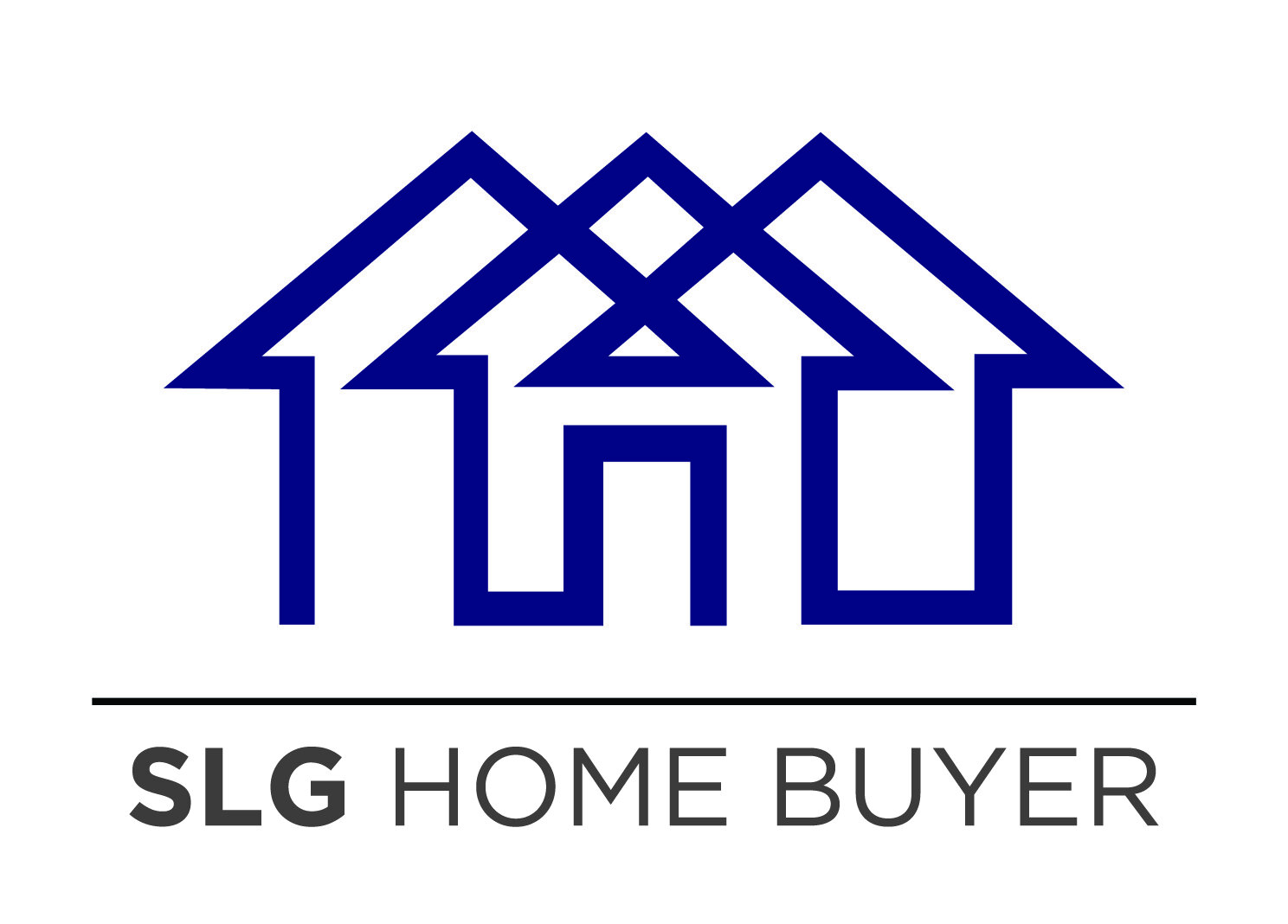
If you are wondering, “Can I sell my house without a realtor in Ontario?” The answer is yes, absolutely. in fact, you can avoid the hassle and cost of dealing with a real estate agent when putting your house on the market, by selling it privately. However, you need a great deal of paperwork for selling a house by the owner. If you’re familiar with the details of how to sell a house privately in Ontario, then handling your property yourself can work well in your favour.
Remember, the private house sale Ontario paperwork should be factually correct and in perfect order at all times; otherwise, you can be subject to financial or legal repercussions that will cause more trouble than it’s worth, such as the discontinuation of your house sale. In this article, we’ll introduce some of the necessary forms you should complete if you want to close a deal without a real estate agent.
Purchase and Sale Agreement
The Agreement of Purchase and Sale form is of the utmost importance and should be on the top of your list to fill out. Also known as ‘Form 100’, it’s issued by the Ontario Real Estate Association (OREA). You can find this private home sale form online.
Initially, the buyer fills out this form by consulting their lawyer or realtor. Once this is achieved, the form will make its way to you, and a purchase offer on your home is made official. A complicated document, the agreement of purchase and sale, contains a great deal of information that you should thoroughly go through, like the price offered on the house, details regarding the buyer and seller, and the terms of completion.
Following the form’s submission, you should review it with your lawyer and make whatever changes you want, if any. For example, if you want to settle on a different price, you can provide a counter-offer that your lawyer will then adjust into the document. Once you and the buyer reach an agreement in the timespan provided in the form, both parties become legally bound.
Key Elements of the Purchase and Sale Agreement
Sale Price: The price is the heart of the agreement of purchase and sale form for private sale. With a cash buyer, you might have less wiggle room for negotiation since they often propose a straightforward, quick deal. Ensure the price reflects your property’s value and your financial goals.
Deposit: The offer to purchase form for private sale will include the deposit amount. This shows the buyer’s commitment, which might differ with cash buyers. Sometimes, they might offer a larger deposit to speed up the process.
Closing Date: One of the advantages of a cash sale is the potential for a faster closing date since there’s no waiting for mortgage approval. Decide on a closing date that works for both parties, keeping in mind that cash transactions can close significantly faster.
Legal Description of the Property: The private home sale offer form should include the address, lot number, and any other legal identifiers. Accuracy here is crucial to ensuring the correct property is being transacted.
Inclusions and Exclusions: Clearly list any fixtures, appliances, or specific items that are included or excluded in the sale. With cash buyers, this list should be agreed upon early to prevent any last-minute disputes.
Seller Customer Service Agreement
While this is a required document only if you want your house listed on the Multiple Listing Service (MLS), it’s convenient and cheap to access and acts as a great marketing tactic for private sellers. These sellers can then come to an agreement with a brokerage or realtor, getting a ‘flat fee MLS listing.’
A flat fee listing comprises the property posted initially on the MLS along with any necessary modifications and the estate’s removal once it’s sold. Since the companies or brokers posting listings to the MLS might also provide a bunch of other services, the form is an excellent way to have these services specified and the duration for which they’re offered.
Mortgage Discharge Form
Another piece of necessary paperwork for selling a house by the owner is the Mortgage Discharge Form. Discharging a mortgage means you’re paying off the existing mortgage loan and removing the lender’s legal claim to your property. This is necessary to transfer a clear title to the new owner. When you sell your property, the buyer (or their lender, if they have one) will want to ensure that the property is free of any encumbrances, like an outstanding mortgage.
You have to discharge your mortgage if you wish to sell your house. Take note that if you possess an assumable mortgage that is being transferred to the new owner, this form doesn’t apply to you.
The Discharge of Mortgage Form legally releases a loan from a part of real estate. Selling, refinancing, or buying a house requires the property’s title to be spotless, and so all previous holdings and mortgages must be disposed of.
Once the mortgage is paid off, the lender will prepare a Mortgage Discharge Statement. This document is a legal confirmation that the mortgage has been fully paid and the lender’s interest in the property is released. The discharge needs to be legally registered with the land registry office. This process removes the mortgage from the property’s title. Usually, your lawyer or the buyer’s lawyer handles this step. Ensure that the discharge is registered correctly. You can confirm this through your lawyer or by checking the property’s title records after a few weeks.
Endnote
When it comes to privately listing your house, filling out forms is an integral part of the process that shouldn’t be neglected. As you can see, there are just a few, and even those are mostly completed by other parties. For the most part, all you need to do is review and sign these documents, which becomes easier the more you acquire information regarding them.
When contemplating, “Should I sell my house privately in Ontario, Canada?” One of the most significant benefits of selling your home privately is the potential savings on real estate agent commission fees. These fees can be a substantial portion of the sale price, and you can save thousands of dollars. You can also have complete control over how the sale is managed. From setting the sale price to arranging viewings and negotiating with buyers, you have the autonomy to handle these aspects according to your preferences. Especially when dealing with cash buyers or investors, selling privately can expedite the sale process, as there are fewer formalities and a streamlined decision-making process.
If you are thinking, “I want to sell my house privately but find the process confusing,” don’t worry. At SLG Home Buyer, we’re committed to making your property selling experience as smooth and stress-free as possible. Let’s explore your options together. Whether you’re ready to sell now or just weighing possibilities, our team is here to provide the guidance and support you need.
